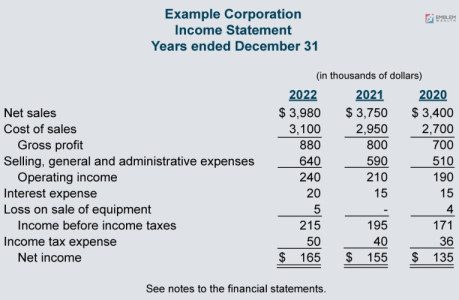Smart Money Management For College Life

As students transition into college life, they often face new and unique financial challenges.
For many, it’s the first time they’re solely responsible for managing their finances, making it an essential time to establish smart money habits.
College isn’t just about getting a degree. It’s also about gaining life skills that will benefit you in the long run. Among these, learning how to manage your money wisely is crucial. This involves understanding how to budget, save, spend responsibly, and perhaps even invest.
Mastering these skills not only helps improve your current financial situation but also lays the groundwork for financial stability and success after graduation.
Budgeting 101 For College Students

A budget acts as your financial roadmap, guiding your spending decisions and helping you avoid unnecessary debt. It helps you set money aside for future aspirations, preparing you for unforeseen expenditures. Without a budget, you may find yourself in a financial predicament or even living paycheck to paycheck.
Creating a practical and realistic budget begins with listing all your sources of income, which could be from part-time jobs, parental support, or financial aid. Following this, you need to track and categorize your expenses into fixed costs like tuition and rent and variable costs like entertainment and groceries.
The ultimate aim is to ensure that your income adequately covers all these expenses, ideally leaving some surplus for savings, much like adding funds to a goal saver account, regular savings account, or student savings account, among many types.
Sticking to a budget might seem challenging initially, but it becomes easier with time. It is a good practice to review and adjust your budget according to your needs regularly. Most importantly, always prioritize needs over wants and allocate a portion of your income toward savings.
Why Saving Matters
Saving provides a financial safety net for unexpected costs, helps achieve long-term goals, and fosters a sense of financial independence and responsibility.
Even everyday college expenses offer opportunities for saving. For instance, textbooks can be a significant expense. Instead of buying new ones every semester, consider borrowing from the library, buying second-hand, or sharing with a classmate. Food expenses can also add up quickly. Try to limit eating out and learn to cook simple, cost-effective meals at home.
Developing easy-to-start savings habits can make a big difference over time. Begin by setting up a savings account where a portion of your income is automatically transferred. This not only encourages consistent saving but also makes it less tempting to spend.
Another good practice is to save any unexpected income, like cash gifts or refunds. Lastly, always keep track of your spending. It will help you identify areas to cut back and increase your savings.
Remember, no amount is too small to save. The key is consistency and making saving a part of your routine. Over time, these savings can accumulate and provide significant financial security and freedom.
Wise Spending Habits

Understanding the difference between needs and wants is fundamental to developing wise spending habits. Needs like food, shelter, and education are essential for survival or basic comfort. Wants, on the other hand, are things that enhance our lives but aren’t necessary, such as designer clothes, the latest gadgets, or expensive outings.
Another crucial aspect of smart spending is avoiding impulsive purchases. One strategy is to follow the ’24-hour rule,’ which states that you wait a day before buying a non-essential item. This cooling-off period often results in the realization that the purchase isn’t necessary.
Comparison shopping is another beneficial habit for students. It involves comparing prices and product reviews from different sellers to ensure you’re getting the best value for your money. Online tools and apps make comparison shopping easy and efficient.
Wise spending doesn’t mean you can’t enjoy life. It’s about making informed decisions that align with your budget and financial goals.
Investing As A Student
Investing is not just for the wealthy or the working class. It’s a financial strategy that college students can and should consider. It’s never too early to start investing because the power of compound interest means that even small investments can grow significantly over time.
For beginners, investing involves putting money into assets like stocks, bonds, or mutual funds with the expectation that it will make money over time. Before investing, it’s essential to research and understand the risks of these investment vehicles.
For students with low income, there are several suitable investment options. One option could be low-cost index funds, which offer diversification and typically have lower fees than actively managed funds. Another could be micro-investing apps that allow you to invest small amounts regularly.
As a beginner, you might want to consider using robo-advisors. These automated platforms provide low-cost portfolio management based on your risk tolerance and investment goals. They can be a great starting point for novice investors.
Investing also requires continuous learning. Use online resources, books, and courses to better understand investing. The more knowledge you have, the more informed your investment decisions will be.
Also, try your best to invest regularly, even in small amounts, as this can lead to significant growth over time due to compound interest. This strategy, known as dollar-cost averaging, can also help you mitigate risk.
Lastly, remember that investing is a long-term game. Don’t be discouraged by short-term market fluctuations. Stick to your plan and keep your long-term goals in mind.
Final Thoughts
As a student, you must recognize that your financial future lies in your hands. Your decisions will shape your financial health for years to come. Therefore, take this opportunity to learn, grow, and take responsibility for your financial well-being. Your journey towards financial literacy starts now, and the benefits you reap will be worth the effort.
Read Also:


























Leave A Reply